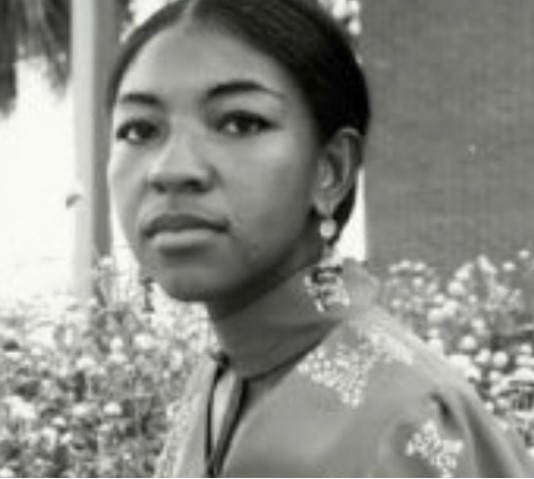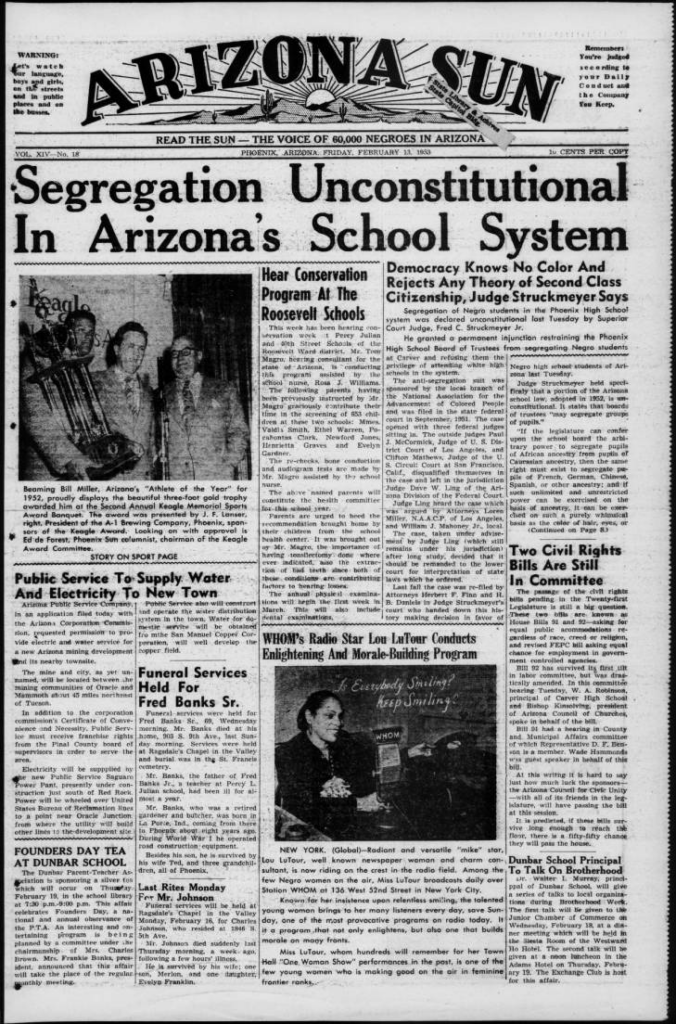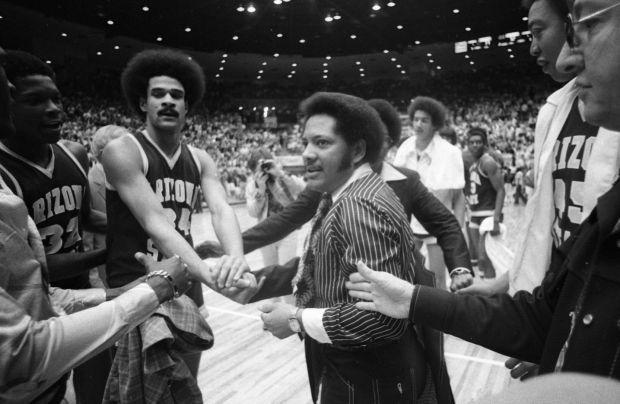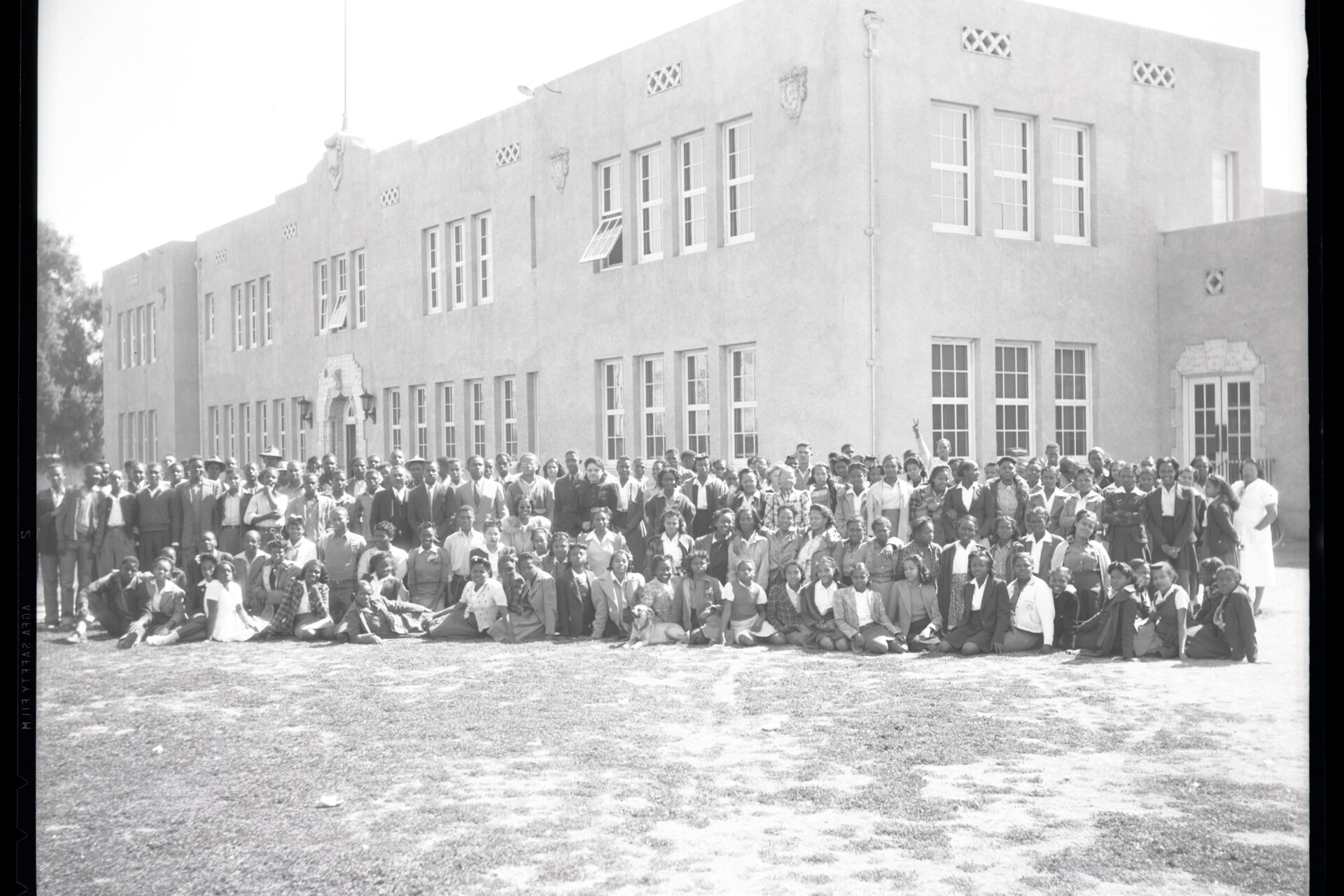
Arizona’s Black History: Celebrating Education Leaders and Milestones
In honor of Black History Month, we celebrate the Black leaders and milestones that have had an impact on education in Arizona. Learn more about some of the events, Black educators and leaders that shaped our state.
1926 – Carver High School Opens
The Phoenix Union Colored High School, later renamed George Washington Carver High School, was the only school ever built exclusively to serve Black high school students in Arizona.
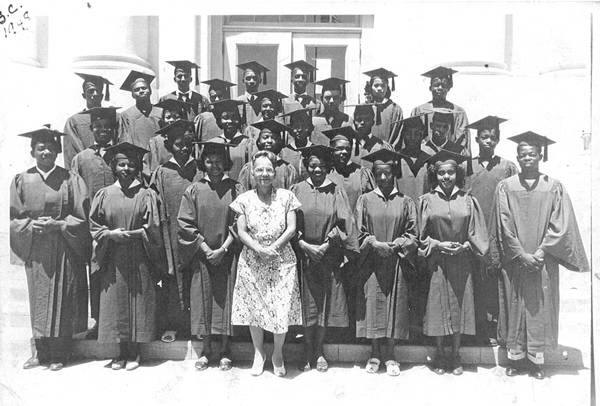
Prior to the school being built, during the 1920s and late 1910s, Black students were segregated in the cellar of Phoenix Union High School (near 5th Street and Van Buren), as in many other schools in Arizona at the time.
The school provided more teachers, more equipment, a new air conditioning system and sports teams for Black students. Their teams however were not allowed to play with white sports teams, and games were arranged with Mexican and Native American students who also attended segregated schools.
Carver High School continued to serve the Black community until 1954 when schools were integrated. In 1996, a group of the school’s alumni purchased the building, transforming it into a museum and cultural center.
1933 – Elgie Mike Batteau Graduates from the University of Arizona
Elgie Mike Batteau was the first Black woman to graduate with a master’s degree in teaching from the University of Arizona and was possibly the first Black woman to graduate from the university, leading the way for other Black educators.
Batteau started teaching in the fall of 1934 at Dunbar Junior High School in Tucson, the only school she was allowed to teach in, and the only school Black students were allowed to attend at the time. She later taught at the Phoenix Union Colored High School and is credited with changing its name to George Washington Carver High School.
Batteau was a dedicated educator and civil rights leader and was the first African American to serve on the Pima Community College Governing Board.
1945 – Veora Johnson Becomes First Black Principal in Mesa
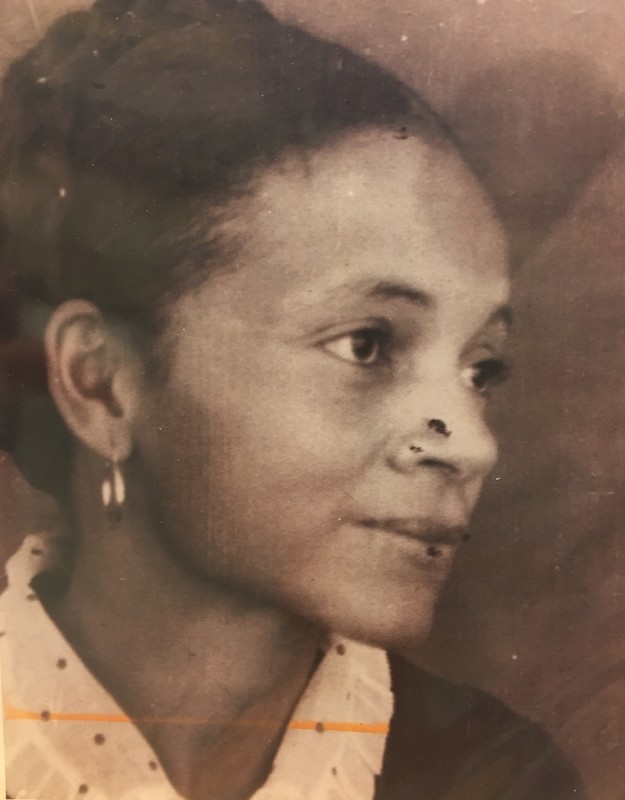
In 1927, Veora Johnson was still a student at Prairie View Normal Institute in Texas when she was selected by the school’s president to fill a teaching position at Booker T. Washington Elementary School in Mesa, where she taught for 17 years.
She then served as the school’s principal 30 years, as the first Black woman in Arizona to hold administration credentials in education.
She was a founder and first president of the Delta Beta Omega sorority at Arizona State University. Johnson was involved in many professional organizations including the National Education Association, Arizona Education Association and the National Retired Teacher Association.
ASU awarded her the Medallion of Excellence for her significant contributions to the first century of Arizona’s public education and she was inducted in the Arizona Women’s Hall of Fame. The Veora E. Johnson Elementary School in Mesa was also named in her honor.
1949 – First Black Students Attend Chandler High School
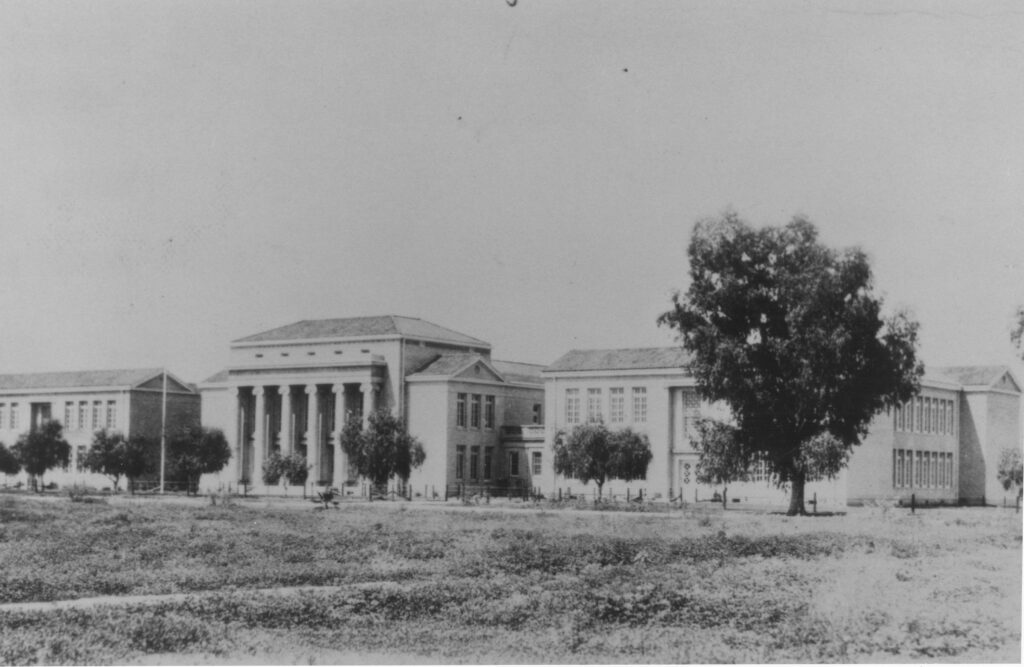
Robert Turner, Artie Mae Turner, Willie Arbuckle and Joella Arbuckle, became the first Black students at the all-white Chandler High School when it was integrated, five years before the landmark Brown vs. Board of Education Supreme Court case.
In 1951, Robert and Willie were the first two Black students to graduate from the school.
1953 – Phoenix Union High School District Segregation Lawsuit
Through the efforts of civil rights groups advocating for desegregation, the Arizona state legislature passed a law allowing Arizona school boards to voluntarily desegregate, but districts in Phoenix did not.
In 1952, Lincoln Ragsdale, the Greater Phoenix Council for Civic Unity and local NAACP members raised the $5,000 necessary to raise a lawsuit challenging the legality of segregation within Phoenix Union High School District.
The case was decided by Judge Fred C. Struckmeyer of the Maricopa County Superior Court, who ruled that the state’s school segregation laws were unconstitutional. As a result, Carver High School closed in 1954 and the case, Phillips vs. Phoenix Union High Schools and Junior College District, became a precedent for the Supreme Court in 1954.
1965 – Morrison Warren Becomes Phoenix’s First Black City Council Member
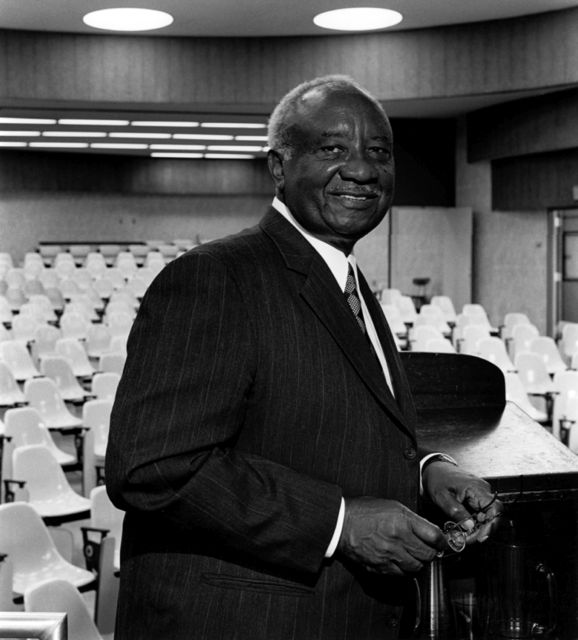
Dr. Morrison F. Warren, a Professor Emeritus of Education at Arizona State University, was elected to the city council in 1965. He later became Phoenix’s vice-mayor in 1969.
A graduate of Phoenix Union Colored High School, Warren dedicated his life to educating and uplifting the Black community. After serving in the Army during WWII, Warren began studying at Arizona State University (then known as Arizona State College), earning a degree in elementary education.
He taught for the Phoenix Elementary School District and was principal of Booker T. Washington Elementary School.
He later earned his master’s and doctorate’s degrees from ASU, in educational administration and supervision, and began teaching at ASU in 1968.
He was also a member and chairman of the Arizona Advisory Committee to the U.S. Commission on Civil Rights for 10 years and was involved with the Head Start program from its inception in Arizona in 1964.
1966 – Cloves Campbell Sr. Elected to Arizona Senate
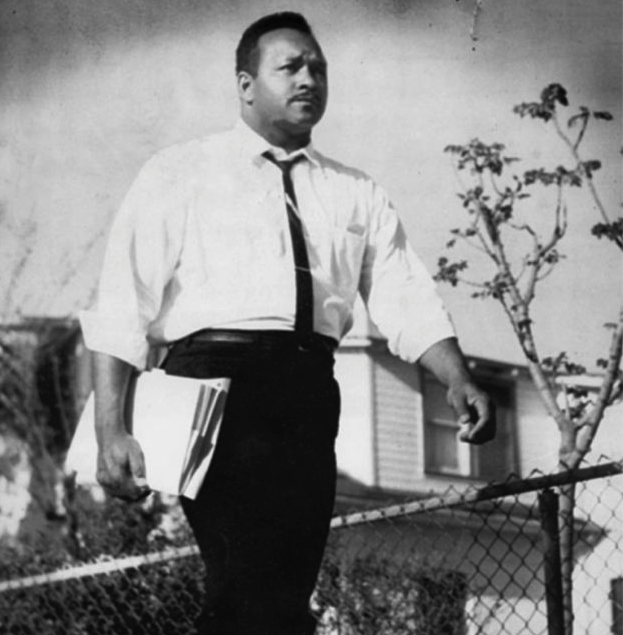
Dr. Cloves Campbell Sr. served in the Arizona state legislature for 10 years.
Campbell graduated from ASU with a teaching degree in 1958 and soon after became involved in community affairs in his South Mountain neighborhood. In 1962, he was elected as a State House representative, and four years later became the first Black person elected to the State Senate.
Campbell pushed for legislation aimed at improving education and job opportunities for his constituents. He introduced legislation to make Martin Luther King Jr. Day a formal holiday in Arizona, which finally came to pass 23 years later. He was also instrumental in the establishment of South Mountain Community College.
In 1971, Campbell and his brother, Dr. Charles Campbell, launched the Arizona Informant newspaper to report Black stories. It is one of the longest-running weekly papers in the state.
1972 – Frederick Snowden Becomes Head Coach at University of Arizona
Frederick “The Fox” Snowden became the first Black head coach at a major university and the second Black head coach at a Division I school in America.
Following his first season as head coach of the University of Arizona men’s basketball team, he was named Western Athletic Conference Coach of the Year and Tucson’s Man of the Year. He led the Wildcats to success for several years, making the NCAA Tournament twice, reaching the Elite Eight in 1976.
Prior to his coaching career at the University, Snowden worked as a sportscaster on local radio and television. He later served as a vice president for Baskin-Robbins and as executive director of the Food 4 Less Foundation.
Sources: George Washington Carver Museum and Cultural Center, the University of Arizona, the Arizona Women’s Hall of Fame, Wikipedia, Arizona Historymakers™/ Historical League, Inc., the Arizona Daily Star and Chandlerpedia.
Read more Black History Month stories: Black Educators Who Impacted My Life

